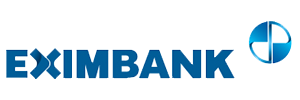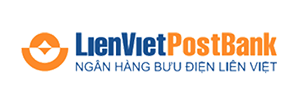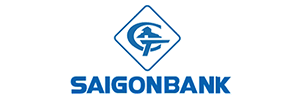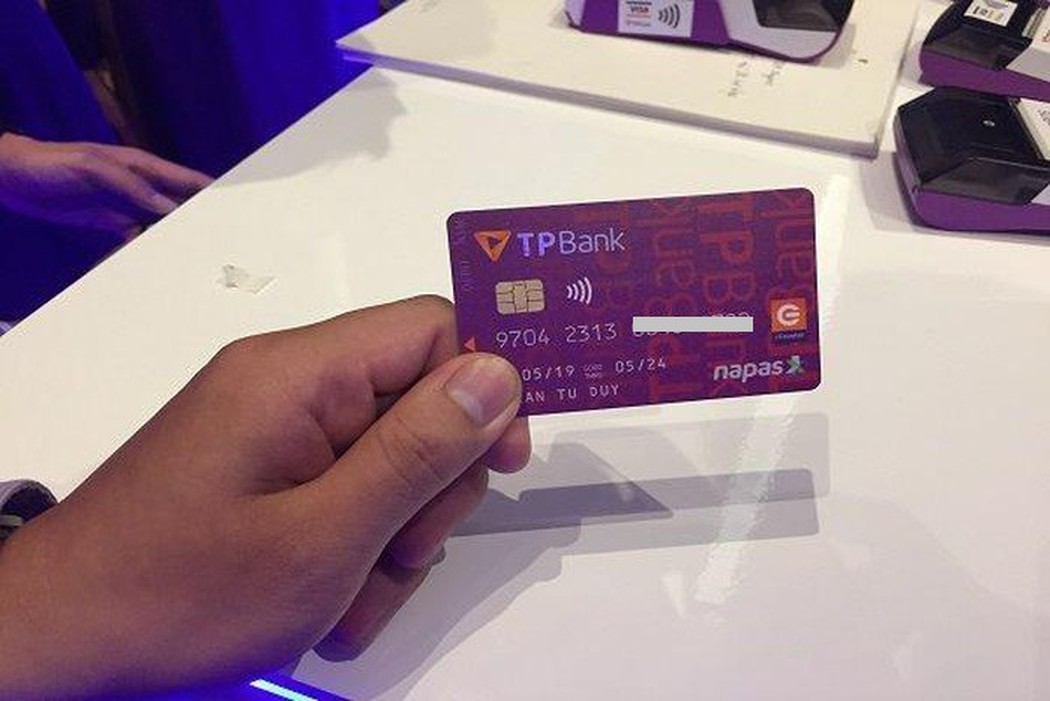
Increasing safety, high information security, minimizing the risk of fraud, stealing card information (skimming) … are the outstanding advantages that chip technology cards bring.
Recently, banks have been offering ATM cards based on domestic VCCS card standards, complying with EMV international standards as well as increasing communication to their customers about this conversion.
Why should you use ATM card chip technology?
Magnetic cards have a relatively low level of information security because the information stored on the magnetic strip on the back of the card is not encrypted. When customers insert a card into an ATM or swipe a card on a POS machine, the information stored in the magnetic strip will be read by the readers in the machine, so with just a common magnetic swipe device, an intruder can easily. easy to steal card information, then it is also easy to create fake cards with copied information, at the same time attaching sneaky devices to record the PIN operation of customers and that is enough for crooks to have Stealing money from customers’ accounts. This is a fairly common crime, often called skimming.
But with EMV standard chip cards, electronic chip-attached cards are designed to prevent skimming fraud thanks to the ability to store and encrypt information with high security.
Chip cards help minimize skimming
Accordingly, the EMV chip will generate new data every time the customer makes a transaction. When you use the EMV chip technology card at a card reader, the card will generate a unique encryption string just for that transaction. This encryption cannot be used for another transaction because it is created from a combination of information contained in the chip and information contained in the card reader. That means, you will not have to worry about the card information being copied because it is encrypted, combined with your own PIN, the risk of fraud is minimized.
A successful EMV card transaction will go through a complex two-way authentication step from the card receiving device to the payment bank, via Napas card payment gateway and the issuing bank. Only when approved by all relevant organizations, will the transaction be successful.
According to information from Napas, there are currently 7 commercial banks coordinating with Napas successfully deploying the issuance and acceptance of domestic chip card payment.
At the request of the SBV, in 2019, banks must convert at least 30% of the cards from domestic chip cards, and the deadline for a complete conversion to chip card technology is the end of 2021.
One of the major challenges for this transition is the large cost, not only of the high cost of infrastructure upgrades to meet the new standard, but also due to the higher price of chip cards. 5-7 times compared with a magnetic card, making both customers and banks hesitant to spend money to transfer. However, many banks said that they will seriously comply with the SBV’s request for the card conversion schedule.
TienPhongBank (TPBank) is the pioneer bank that has started the pilot implementation since October 2018 and officially released to all EMV ATM card customers from June 1, 2019, under the name Smart ATM Card. 24/7. Not only that, the Bank has also completed the conversion and upgrading so that all ATMs, POS, and LiveBank accept domestic chip cards.
It is expected that by the end of 2019, about 35% – 40% of TPBank’s domestic cards will use standard chip cards, and we strive to complete the conversion to chip cards for all customers in 2020.
Owning 24/7 Smart ATM card, customers can not only experience new, more secure chip cards for transactions at traditional ATMs and POSs, but also can be used at LiveBank, banking models. automatically of TPBank to look up accounts, withdraw money, deposit money, perform money transfer, deposit, online savings… at any time. In particular, all cash withdrawal transactions with TPBank domestic cards at ATMs of most banks, as well as transactions of depositing and withdrawing money at TPBank LiveBank in Vietnam are free.
Source: Vietnam Banking Association
Tin tức khác
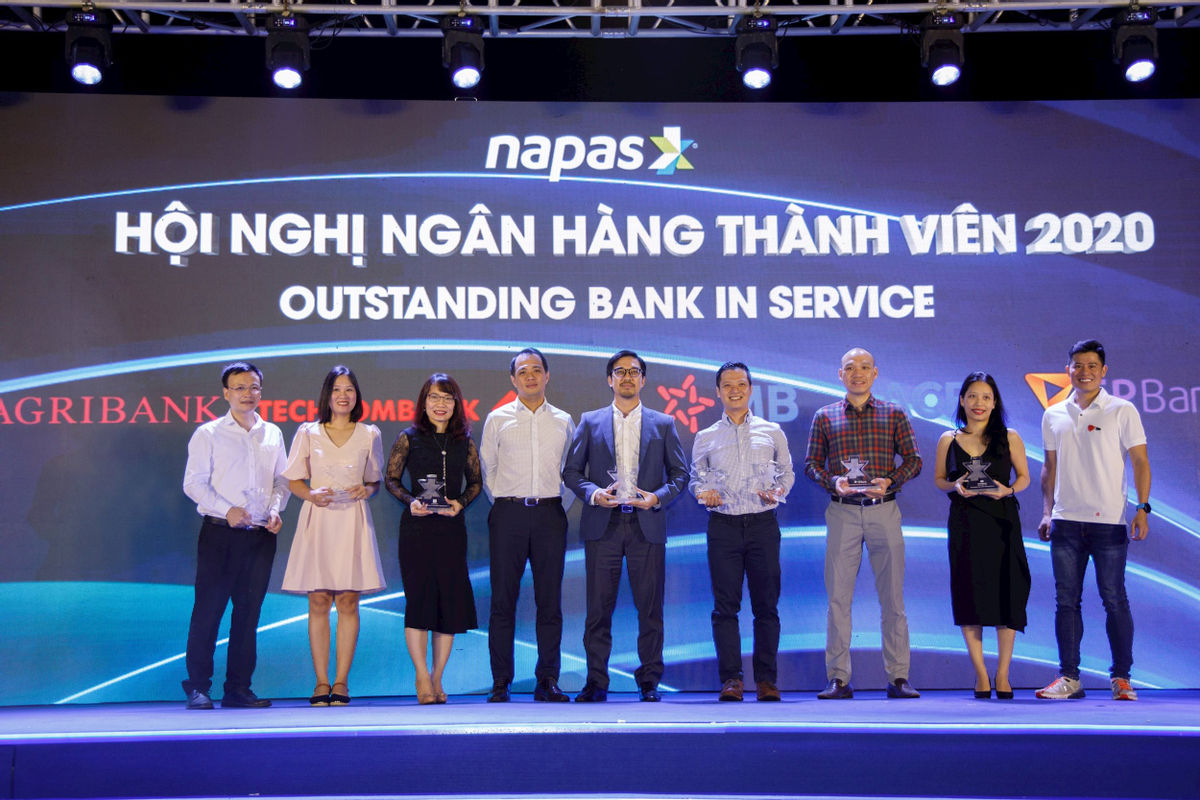
COVID-19: Cơ hội cho các dịch vụ thanh toán không dùng tiền mặt đột phá
Theo thống kê của Công ty Cổ phần Thanh toán Quốc gia Việt Nam (NAPAS), đến năm 2020, số lượng giao dịch chuyển tiền nhanh 24/7 đã vượt qua số lượng giao dịch rút tiền ATM và chiếm gần 66,6% tổng số lượng giao dịch mà hệ thống NAPAS xử lý. Ngày 13/11, Công ty
Xem chi tiết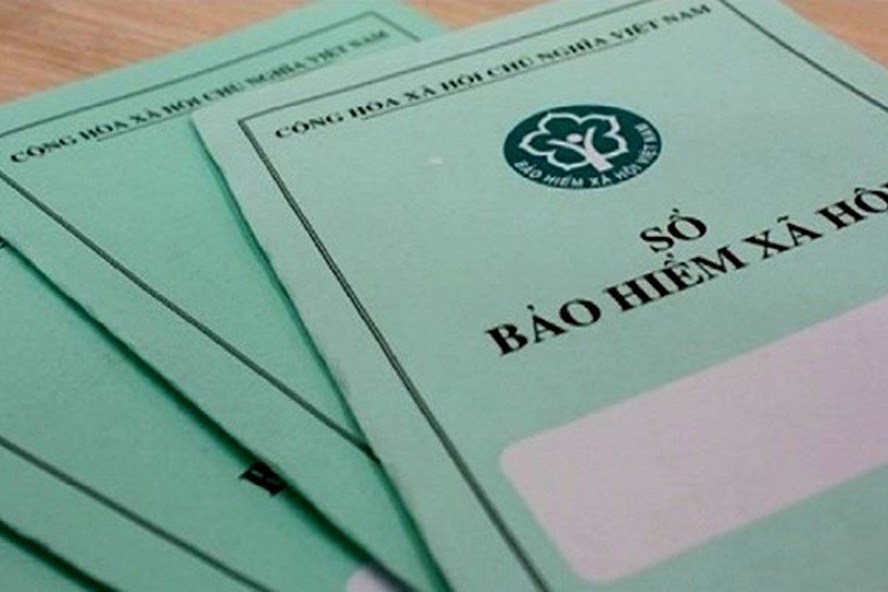
Toàn bộ 6 loại giấy tờ sắp thay đổi, dân cả nước hưởng lợi
Thời gian tới được cho là sẽ có một “cuộc cách mạng” liên quan đến hàng loạt các loại giấy tờ quan trọng đối với mỗi công dân – một bước tiến mới trong nỗ lực cải cách thủ tục hành chính của các cơ quan có thẩm quyền. 1. Căn cước công dân gắn
Xem chi tiết
Current situation and solutions for developing digital banks in Vietnam
The rapid development of modern information technology creates digital banking – a new trend for future retail banks. Because it is quite new in Vietnam compared to developed countries, the number of digital banks in Vietnam is still modest. Digital banking offers new opportunities for commercial banks but also presents challenges to overcome for regulators.
Xem chi tiết
Mastercard is committed to traveling with Vietnam to create a world that is not limited by cash
Vietnam is really moving ahead of more developed countries like Singapore and Malaysia in electronic payment, with the fastest mobile payment growth in the world, from 37% in 2018 to 61% in 2019. “Within 6 years, the scale of the Vietnamese e-commerce market is expected to be the second in Southeast Asia. This is really
Xem chi tiết
Phòng tránh dịch Covid-19: Miễn, giảm phí thanh toán điện tử
Tiếp tục các giải pháp thiết thực hỗ trợ người dân, doanh nghiệp phòng tránh dịch viêm đường hô hấp cấp (dịch virus nCoV/Covid-19), Ngân hàng Nhà nước đã áp dụng chính sách miễn, giảm phí dịch vụ thanh toán. Tiếp tục các giải pháp thiết thực hỗ trợ người dân, doanh nghiệp phòng tránh
Xem chi tiết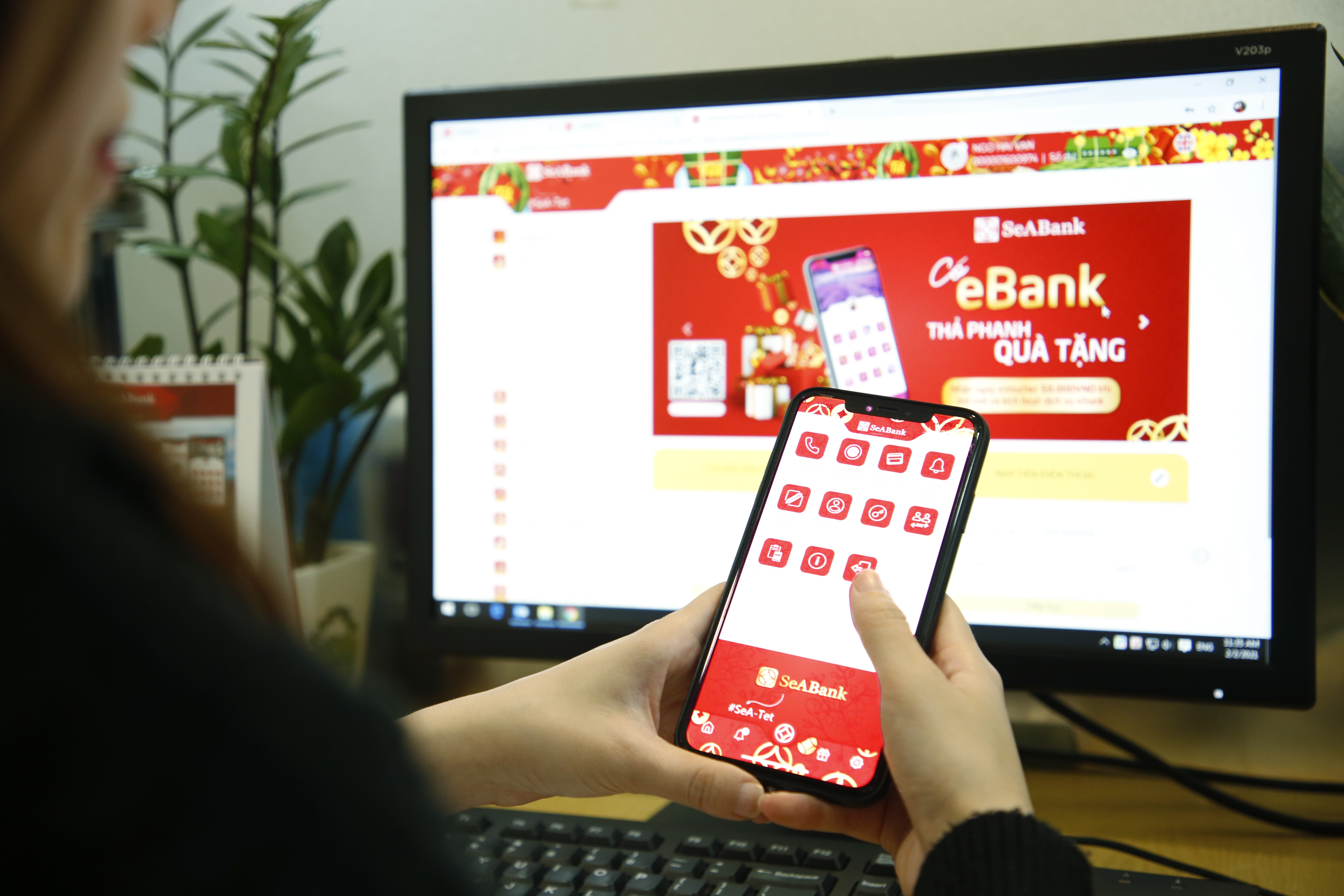
SeABank đầu tư trí tuệ nhân tạo, tăng tốc số hóa hoạt động ngân hàng
Coi số hóa là trụ cột quan trọng trong quá trình phát triển của ngân hàng, Ngân hàng TMCP Đông Nam Á (SeABank) đã liên tục nâng cấp cơ sở hạ tầng, đặc biệt đầu tư hệ thống Trí tuệ nhân tạo (AI) tân tiến nhất để nâng cao trải nghiệm khách hàng, đồng thời
Xem chi tiết
